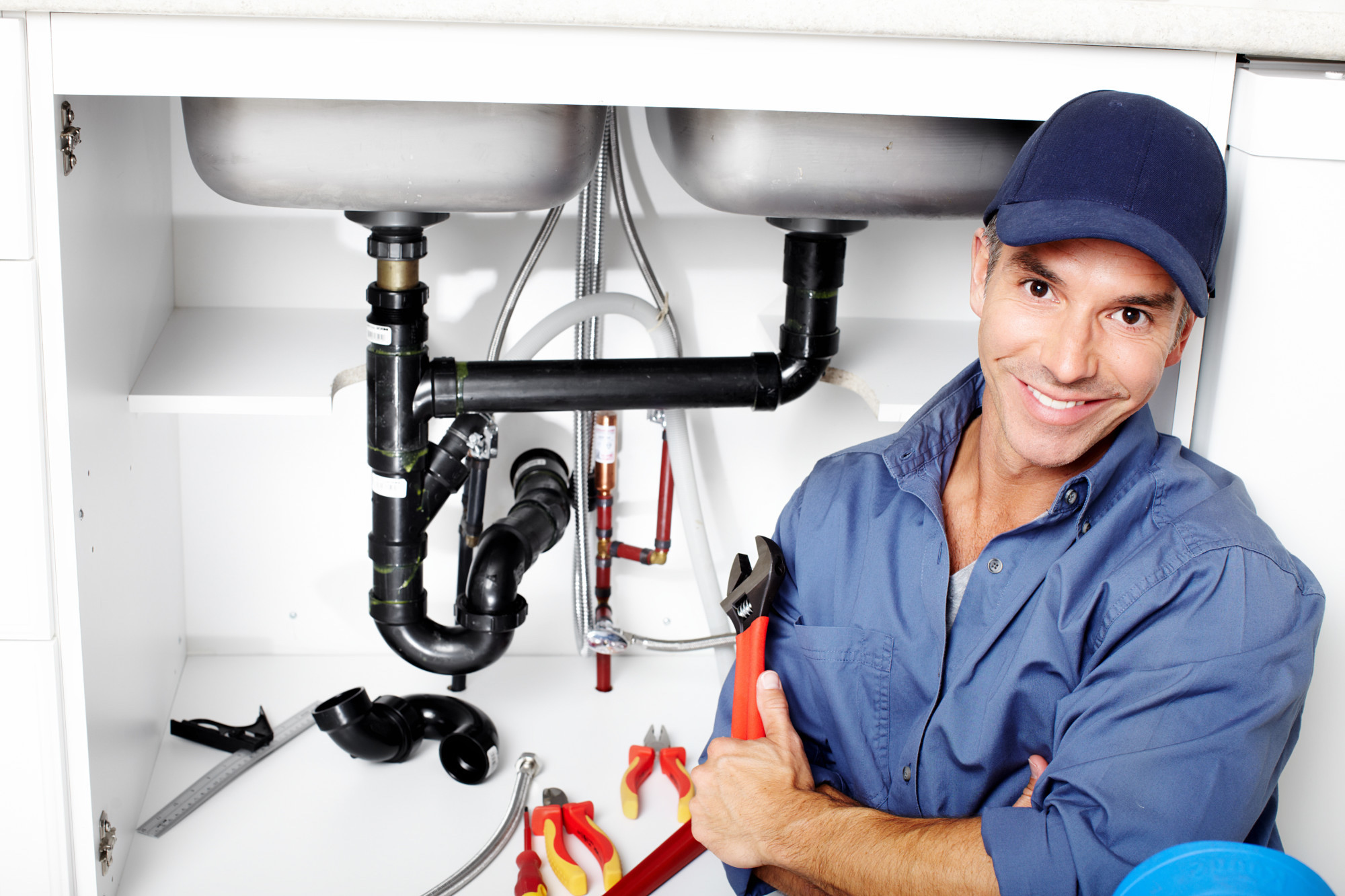Solar Energy Solutions provides home and business owners with rooftop solar energy systems. Its team helps clients obtain local permits and clearances, as well as explore tax credit opportunities.
Many state and federal tax rebate programs are currently available to offset the cost of a solar energy system. These incentives won’t last forever, so it is important to understand their financial potential now.
Reduced Electricity Bills
Whether you live in a state with high electricity costs or one that offers good prices, there is always an opportunity to save money by switching from traditional energy sources to solar. In most locations, a solar panel system will pay for itself through monthly electricity bill savings within half its 25-year warranty period.
Solar panels, also known as photovoltaics (PV), are made of semiconducting materials that produce electricity when exposed to sunlight. The solar panels convert the sun’s light into electricity using photovoltaic cells nestled between layers of glass.
Homeowners with grid-tied solar systems can take advantage of incentives such as net metering, where they send any excess electricity produced during the day back to the utility company in exchange for a credit on their electricity bill, or time-of-use plans that offer lower rates for aligning energy usage with peak and off-peak times. Additionally, federal and state rebates can knock off thousands of dollars from the upfront cost of solar installation and purchase.
Increased Property Value
The ability to generate renewable energy on site bolsters your home’s value, as well as providing you with a sense of energy independence. This added security and resiliency is especially attractive in regions prone to frequent power outages or unstable energy infrastructure.
Currently, many home buyers consider solar a desirable feature in a new home. A recent study conducted by the Berkeley Lab found that buyers are willing to pay up to $15,000 more for homes with solar compared to similar houses without solar.
The underlying reason is that buyers see solar as a long-term investment, enabling them to save on electricity bills and gain a substantial return on their initial investment. This is why more and more homeowners choose to install solar panels, and real estate agents report that homes with solar energy systems sell faster. That being said, how much adding a solar system increases your home’s value depends on several external factors, including your location, local electricity rates and the quality of your solar system.
Reduced Carbon Emissions
Solar energy is a clean, renewable, and sustainable source of energy. It produces no greenhouse gas emissions, unlike conventional fossil fuels. Each kilowatt-hour of electricity generated from solar power produces 12 times less carbon dioxide than the average natural gas and 20 times less CO2 than coal.
Solar Energy Solutions can help you to become less dependent on the energy grid, increasing your home’s energy independence and security. Additionally, you can take advantage of available tax credits and rebates to maximize your savings.
The biggest advantage of switching to solar power is that it significantly reduces your carbon footprint. The operational emissions of solar power come from the production of panels, but new research is finding ways to improve manufacturing and decrease these emissions. It is also possible to recycle and reuse the materials used to make solar panels, further reducing their environmental impact. Ultimately, we must work together to create a greener world. This means encouraging individuals, businesses, and governments to switch to solar energy and supporting the development of alternative sources of power like solar.
Tax Credits
For homeowners, the federal solar energy tax credit is available for 30% of the cost of a system and can be carried forward into future years. The tax credit will be applied when filing taxes for the year in which you installed your system and will reduce your overall tax liability. For businesses, the Modified Accelerated Cost Recovery System (MACRS) can provide a significant deduction over five years and will also reduce your tax burden.
If you’re considering going solar, it’s worth reviewing the state-level incentives that are available to you. A good place to start is the Database of State Incentives for Renewables and Efficiency. Note that the federal tax credit only applies to a system that you purchase; systems that are leased don’t qualify. Also, if you receive any other clean energy incentives, it may reduce your federal tax credit. This will depend on the incentive and how it is structured. It’s a great idea to consult a qualified tax professional before making any decisions.Star Plus Energy


